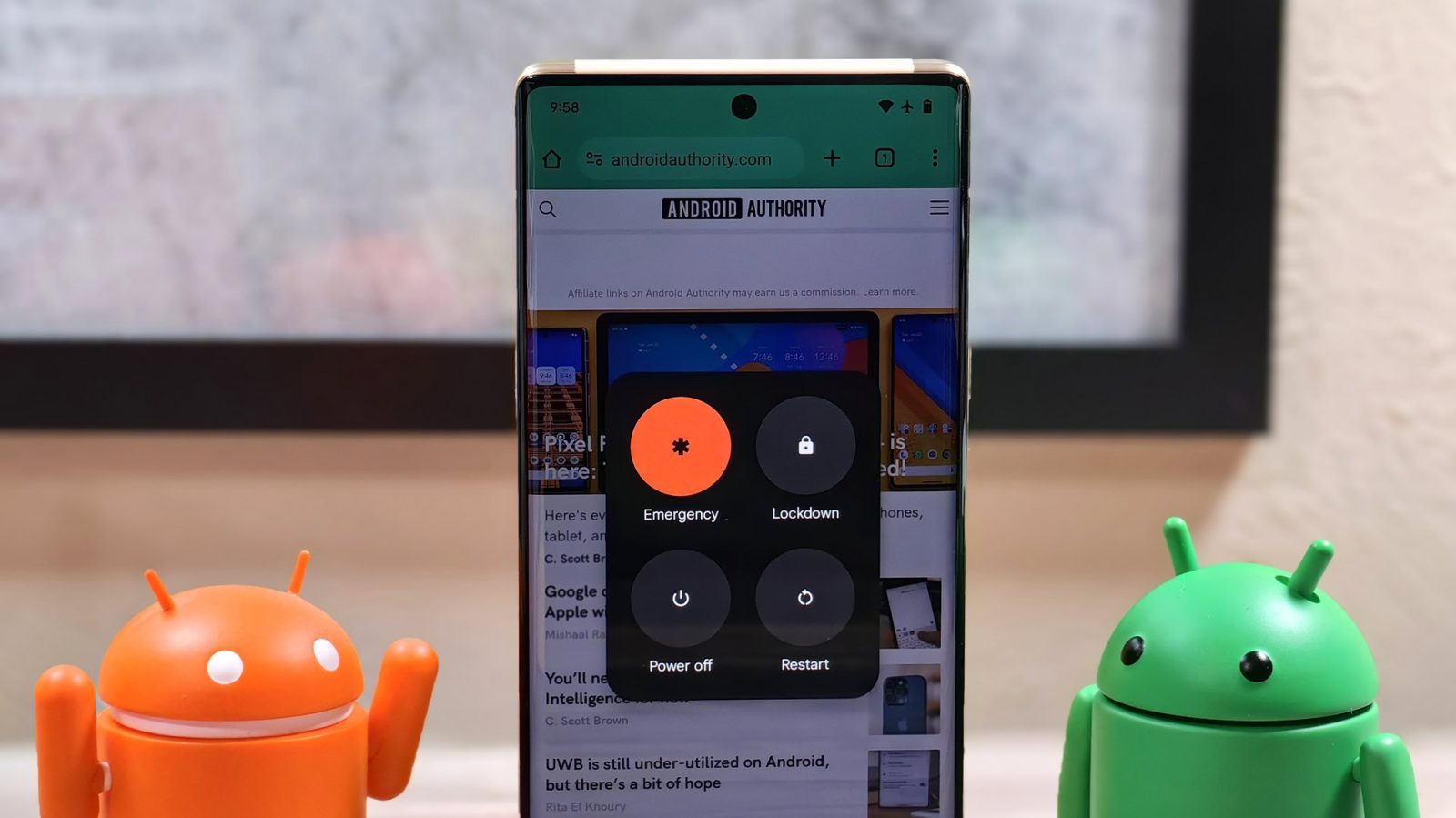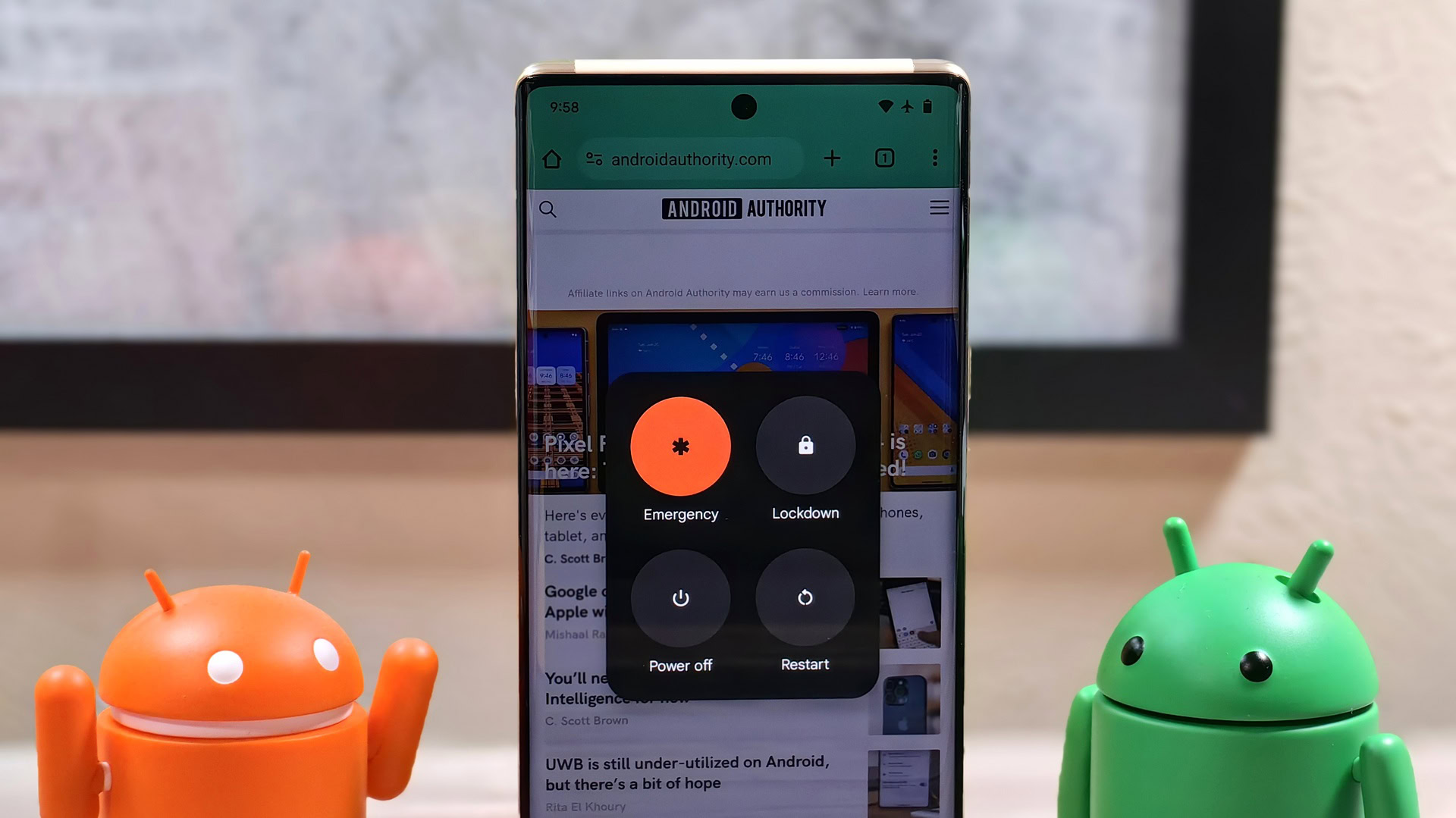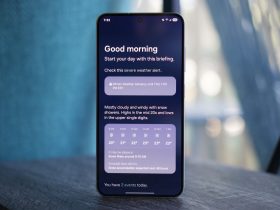Android 16 Is Getting A Little More Secure By Stealing This IOS Feature (APK Teardown)


Mishaal Rahman / Android Authority
TL;DR
- An Android Authority app teardown has revealed that Google is working on an inactivity reboot feature.
- This security feature would reboot devices if they’ve been locked for three consecutive days.
- This will likely be part of Android 16’s Advanced Protection Mode, which also blocks sideloading, disables 2G connections, and more.
We’ve known for months that Google was working on an Advanced Protection Mode for Android 16. This mode will block the sideloading of apps, enable memory tagging extensions, and disable 2G connections. Now, it looks like Google is adding a security feature we first saw on an Android ROM and Apple devices.
You’re reading an Authority Insights story on Android Authority. Discover Authority Insights for more exclusive reports, app teardowns, leaks, and in-depth tech coverage you won’t find anywhere else.
An APK teardown helps predict features that may arrive on a service in the future based on work-in-progress code. However, it is possible that such predicted features may not make it to a public release.
We conducted a teardown of the Google Play Services app (version 25.11.34) and discovered a reference to an inactivity reboot feature. Check out the string below.
Code
Restarts device if it remains locked for 3 days The string name includes the term “AAPM,” which suggests it belongs to the Android Advanced Protection Mode. The snippet also briefly explains the feature, noting that your device will be restarted if it’s locked for three days.
This feature sounds very similar to Apple’s inactivity reboot feature. Apple quietly introduced this security option in iOS 18, and it indeed forces your iPhone to restart if it’s been locked for three consecutive days. This feature makes it tougher for nefarious actors to access user data and unlock your phone.
Apple wasn’t the first to implement this feature, though. The privacy-focused GrapheneOS has long offered an optional auto-reboot feature in the name of security. In fact, the Android ROM even moved from the default 72-hour auto-reboot window to just 18 hours. The GrapheneOS team also reported Pixel and Galaxy phone firmware vulnerabilities back in January 2024 that affected devices not at rest. However, these flaws didn’t affect devices at rest (i.e. devices that were turned off or that remained locked after being turned on).
Either way, we’re glad to see Google working on its own inactivity reboot feature as this should be a major security boost for the entire Android ecosystem.
Got a tip? Talk to us! Email our staff at [email protected]. You can stay anonymous or get credit for the info, it’s your choice.
What’s your reaction?
Love0
Sad0
Happy0
Sleepy0
Angry0
Dead0
Wink0









Leave a Reply
View Comments